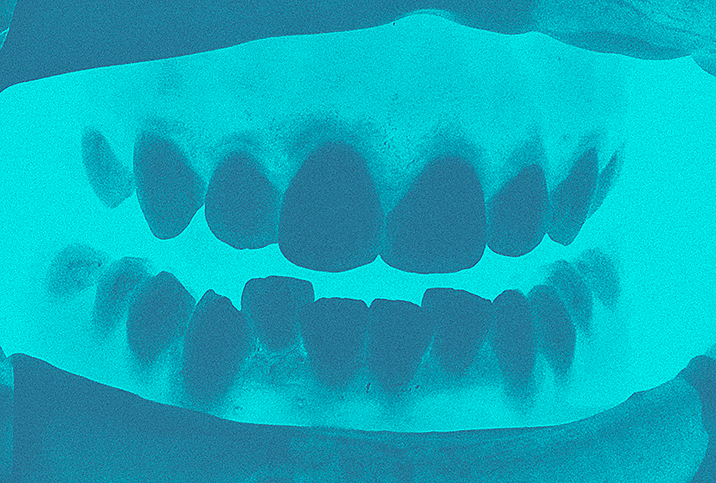Dental Health Is Critical During Pregnancy and Beyond

As a soon-to-be mom, your dental health may be the last thing on your mind. When you are exhausted after a hard day at work, it can be easy to skip brushing your teeth before bed. But your dental health affects the outcome of the health and dental health of your baby.
Visiting the dentist during pregnancy is a great way to gauge your dental health. Your dentist can give you tips on dealing with morning sickness, and let you know if there are any extra steps you should be taking.
Dental health impacts your baby
It may not initially seem like the health of your teeth and that of your baby are connected, but they are. Even though you know you need to brush your teeth for yourself, here are the reasons why brushing your teeth matters for your baby.
Gingivitis
According to the Centers for Disease Control and Prevention (CDC), between 60 and 75 percent of pregnant women have gingivitis. Gingivitis is easy to miss, but to a doctor or dentist, your gums will appear swollen.
The fluctuation in hormones during pregnancy can cause gingivitis or make a previously unknown case worse. Diabetes and high blood sugar can also lead to tooth decay and gingivitis.
When gingivitis is allowed to progress, your gums can become infected, and you can lose the bone that holds up your teeth. Gingivitis has been associated with early birth, low birth weight and premature labor and delivery. It is not fully understood why this happens. The best thing you can do is identify the gingivitis and take care of it before it affects the baby.
Cavities
Fluctuations in hormones change the flora in your mouth, and morning sickness can make it even worse. Moms in the making are at a higher risk of developing cavities than nonpregnant women.
Bacteria cause cavities. Bacteria love sugar and acid. Eating a high-sugar diet, having morning sickness and forgetting to brush your teeth allows bacteria to flourish.
And if you're a recent mom, cavities can actually spread to your baby. That's right, research shows that cavities are contagious. You can transfer the cavity-causing bacteria from your mouth to your baby's mouth when you kiss them, share spoons or blow on their food.
Baby teeth have a much thinner layer of enamel than adult teeth. This makes children more susceptible to cavities than adults. Children are three times more likely to develop cavities when their mothers have tooth loss due to decay or many cavities themselves.
Whether you have untreated cavities or not, as soon as your child's first tooth comes in, get them on a good oral hygiene regimen.
Starting the process of brushing teeth twice a day early on will help engrain the habit of being proactive about their dental health as they grow.
Awareness is key
Cavities may not seem like a big deal, but having many as a child can affect the way they learn to eat and talk, and their quality of life. Children with poor dental health often end up missing school due to dental pain.
The CDC and the American Academy of Pediatrics have launched the Protect Tiny Teeth program to educate healthcare providers on the importance of mom's dental health. Talk to your doctor or dentist about any concerns you have about your oral health and the health of your baby.
Whether you feel prepared for pregnancy already or could use a couple of extra tips, taking care of your teeth while you are pregnant will reduce the risk of low birth weight and early birth. Taking care of your baby's teeth when they come in will protect them from developing childhood cavities and the consequences that follow.
















